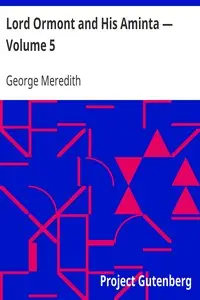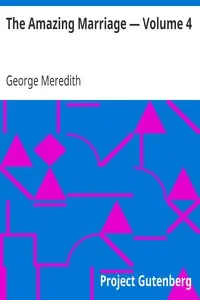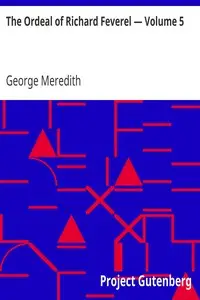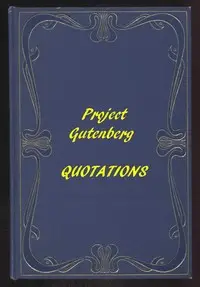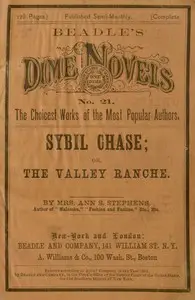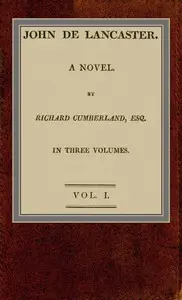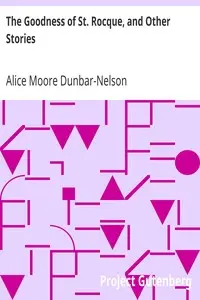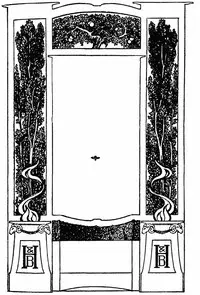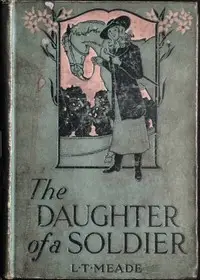"The Amazing Marriage — Volume 5" by George Meredith is a story set in the backdrop of 19th-century high society, focusing on the complicated bonds between people and the heavy weight of societal norms. The story follows Lord Fleetwood and Gower Woodseer as they face the results of their decisions, especially the emotional fallout of a friend's suicide and the tangled web of Lord Fleetwood's marriage. As the characters interact at fancy social gatherings, the author shows the tensions and expectations that shape their lives while exploring themes of love, regret, and the possibility of making amends. Through intense conversations and thoughtful moments, the book looks closely at emotional conflicts, inviting readers to think about the human experience within a world of wealth and social standing.
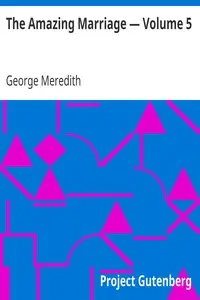
The Amazing Marriage — Volume 5
By George Meredith
Amidst high society, characters grapple with love, loss, commitments, and the haunting echoes of a tragic event that tests the limits of reconciliation.
Summary
About the AuthorGeorge Meredith was an English novelist and poet of the Victorian era. At first, his focus was poetry, influenced by John Keats among others, but Meredith gradually established a reputation as a novelist. The Ordeal of Richard Feverel (1859) briefly scandalised Victorian literary circles. Of his later novels, the most enduring is The Egoist (1879), though in his lifetime his greatest success was Diana of the Crossways (1885). His novels were innovative in their attention to characters' psychology, and also portrayed social change. His style, in both poetry and prose, was noted for its syntactic complexity; Oscar Wilde likened it to "chaos illumined by brilliant flashes of lightning". Meredith was an encourager of other novelists, as well as an influence on them; among those to benefit were Robert Louis Stevenson and George Gissing. Meredith was nominated for the Nobel Prize in Literature seven times.
George Meredith was an English novelist and poet of the Victorian era. At first, his focus was poetry, influenced by John Keats among others, but Meredith gradually established a reputation as a novelist. The Ordeal of Richard Feverel (1859) briefly scandalised Victorian literary circles. Of his later novels, the most enduring is The Egoist (1879), though in his lifetime his greatest success was Diana of the Crossways (1885). His novels were innovative in their attention to characters' psychology, and also portrayed social change. His style, in both poetry and prose, was noted for its syntactic complexity; Oscar Wilde likened it to "chaos illumined by brilliant flashes of lightning". Meredith was an encourager of other novelists, as well as an influence on them; among those to benefit were Robert Louis Stevenson and George Gissing. Meredith was nominated for the Nobel Prize in Literature seven times.

